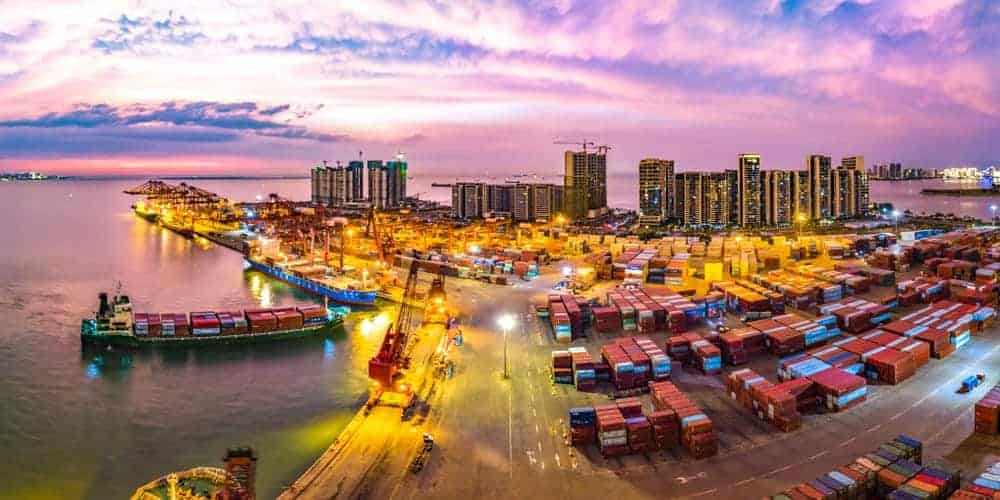Chile was the first Latin American country to establish diplomatic relations with China when the two nations signed a free trade agreement together. Then, in 2015, the two countries signed a double taxation avoidance agreement. In 2018, trade between the two countries accounted for $42.8 billion, representing a 24% increase from the previous year and making up nearly one-third of Chile’s total foreign trade. In 2019, the agreement was upgraded to provider greater trade facilitation between the companies. Below, we discuss some of the major changes to the free trade agreement.
Tariff Exemptions
The upgraded agreement provides for even more tariff exemptions, which will now extend to 98% of all items. Additionally, existing tariffs on certain Chinese wood products will become eliminated over a three-year period.
Chile will eliminate tariffs on Chinese imports, including home appliances, textiles, clothing and sugar products.
Trade Sector Openings
Additionally, the countries will open trade in new sectors. China will open more than 20 sectors to investors in Chile, including:
- Distribution
- Entertainment services
- Legal services
Chile is responding in kind by opening more than 40 sectors, which will include:
- Construction
- Transportation
- Express delivery
Top Exports in China and Chile
Chile’s primary exports from China include:
- Copper
- Fruits
- Seafood
Chile’s major imports from China are cars, electrical machines, and textiles. The upgraded agreement will assist with this demand since tariff exemptions extend to vehicle imports. Chile also exports services like travel and tourism. It has implemented a visa-free policy with China for citizens who had a valid U.S. or Canadian visa.
China’s primary exports from Chile include:
- Light industrial products
- Electronics
- Machinery products
- Textiles
New Market Opportunities for Businesses in Chile
Because Chile can export to China freely in most cases, there are various market opportunities for Chilean businesses. This includes opportunities in the food industry, including food producers since China is not able to meet the demand for its own people with a population of 1.5 billion. Over the last few years, China has imported more food from Latin America, including fruit and vegetables.
is a growing demand for quality meat in China due to the rising middle class in cities like Beijing and Shanghai. Meat is one of Chile’s top ten export items and is not subject to tariffs. Some Chilean exports receive preferential tariffs of 2 to 10 percent in China.
There is also increasing demand for wine in China as the market is wider. Chile is slowly building its presence in this segment.
Cars and motorcycles receive high tariffs up to 45% due to China’s protection of the manufacturing industry in the country. This industry provides the most jobs on the mainland.
Potential Challenges for Investors in Chile and How to Overcome Them
There are still not a large number of Latin American companies that are based in China. This may be due to various factors, including cultural differences and geographic distance between the countries. Additionally, many foreign investors are intimidated by China’s complex regulatory environment. This environment is constantly adapting to try to adapt to the nation’s rapid economic growth.
However, these challenges can be overcome. Chile’s free trade agreement with China provides a great opportunity for exports. It has learned how to diversify commercial partners while meeting its own import needs. Several Latin American companies have successfully entered the Chinese market.
To succeed in the Chinese market, it is essential to comprehensively study the market before expanding there and to develop a targeted market entry strategy that considers various factors such as:
- Size of the company
- Scope of the operation
- The region where the business will be based
- Regulatory rules and tax impact
- Incentives
- Competitors and their strategies
Horizons can provide market research and provide advice on properly setting up companies in China to ensure that legal and financial mistakes are avoided. Contact us today to learn more about your options.















